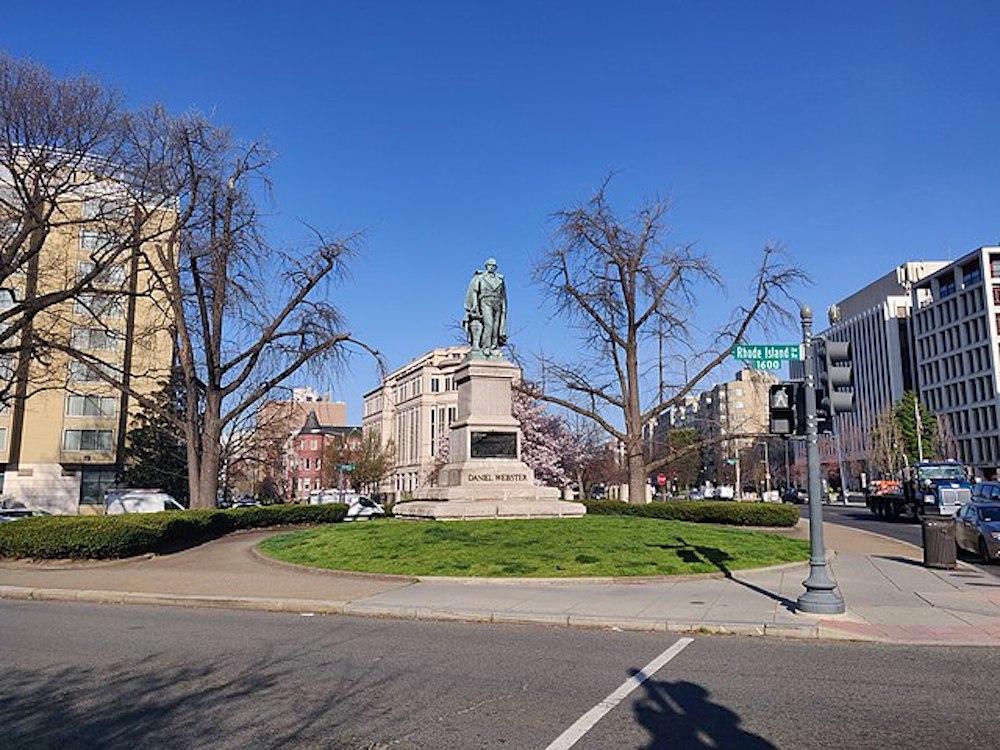
Famous for his oratorical gifts, Daniel Webster was one of the seminal figures of nineteenth century America, leaving his mark on the country as a lawyer and statesman. During his nearly 30 years in government, Webster served as Secretary of State three times, under three different Presidents; he served twice in the Senate; and he served twice in the U.S. House of Representatives. As Secretary of State, he negotiated an important treaty with Great Britain and established a self-defense doctrine still used in international law. In 1830, he gave perhaps the most eloquent address in Senate history: his vehement reply to South Carolina Sen. Robert Hayne, who had proclaimed that states should be able to ignore or “nullify” federal laws they disliked. “Liberty and union, one and inseparable, now and forever!” Webster roared, earning him the moniker “Defender of the Constitution.” Furthermore, Webster was also one of the most prominent American lawyers of the 19th century. He argued over 200 cases before the U.S. Supreme Court between 1814 and his death in 1852.
Webster's oratory power first began to be noticed during his days as a student at Dartmouth College. After studying the classics and other subjects at Phillips Exeter Academy, a preparatory school in New Hampshire, Webster enrolled at Dartmouth in 1797. During his time at Dartmouth, he managed the school newspaper and emerged as a strong public speaker. In 1800, he was chosen "Fourth of July orator," delivering a speech that contained many of the political principles that later defined his professional careers. Webster was a gifted student as well, and he was elected to the Phi Beta Kappa honor society and graduated from Dartmouth in 1801. However, Webster—who by all accounts exhibited a healthy ego—skipped his Dartmouth graduation because he wasn’t selected as the valedictory speaker.
Webster's connection with his alma mater became solidified in the history books when the renowned orator served as one of the lawyers for “Trustees of Dartmouth College v. Woodward” (1819). Now considered a landmark ruling in the development of U.S. constitutional and corporate law, the case threatened the independence of not only Dartmouth, but all privately supported institutions. Webster's passionate four-hour oration was so strong that—according to eyewitnesses—most people in the courtroom were in tears. The Supreme Court ruled in Dartmouth's favor, allowing it to maintain its sovereignty. As a result, generations of Dartmouth students are now familiar with Webster's oft-quoted words during the case, "It is, sir, as I have said, a small college, and yet there are those who love it!”
